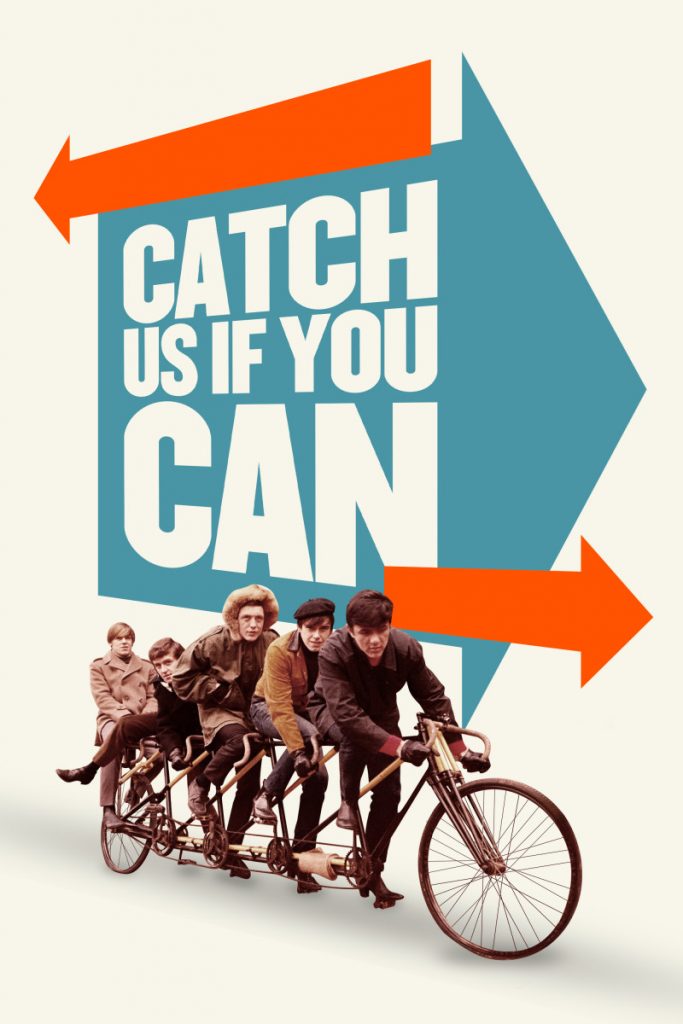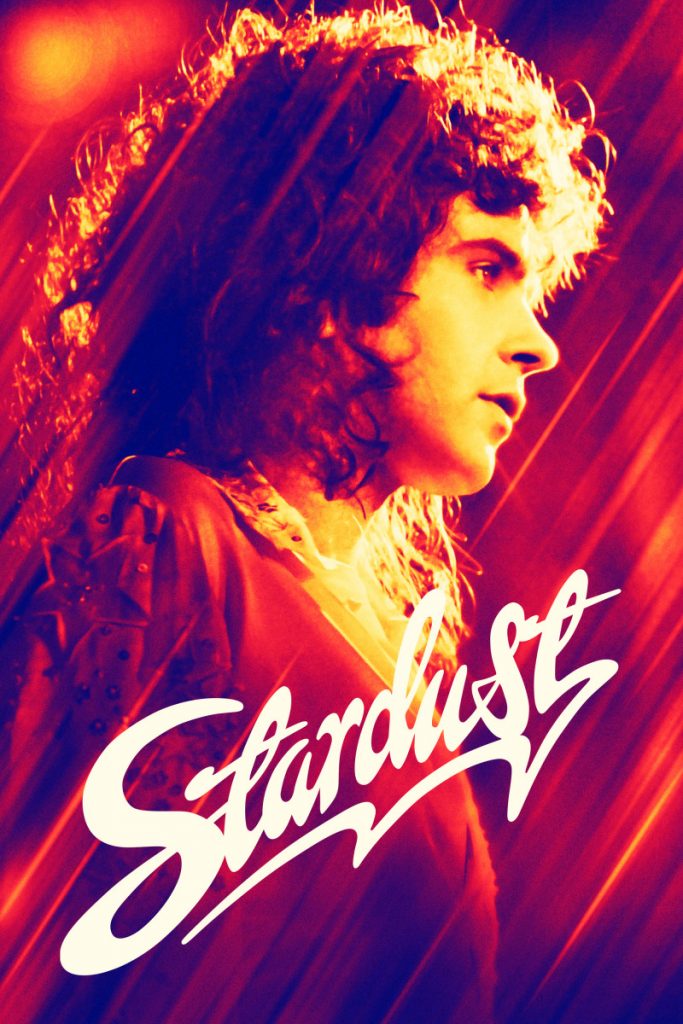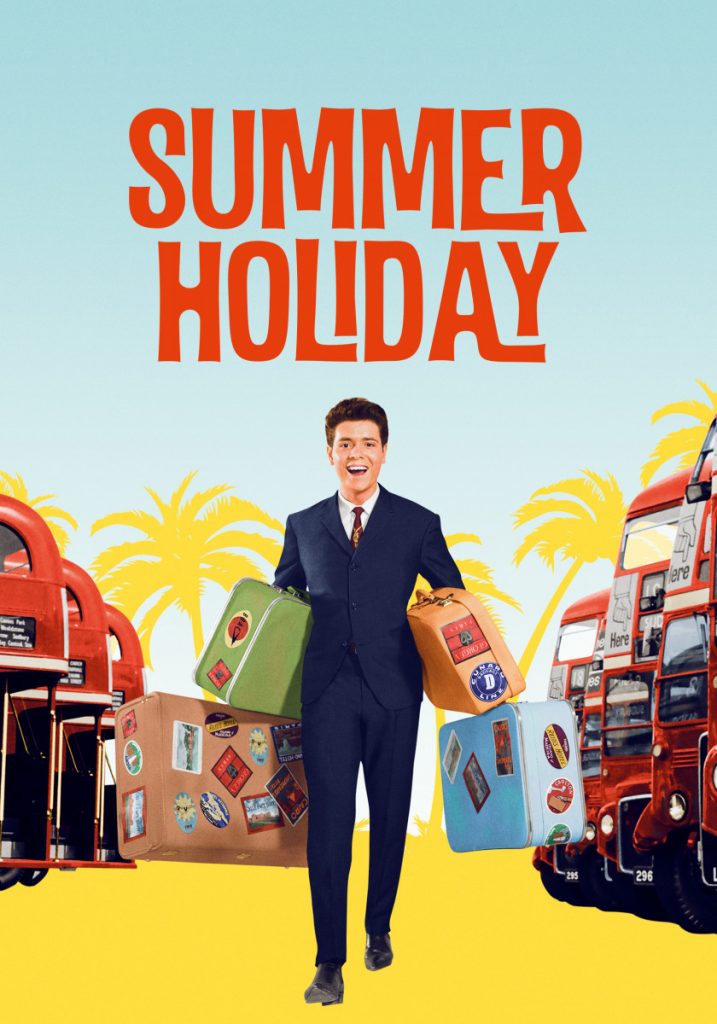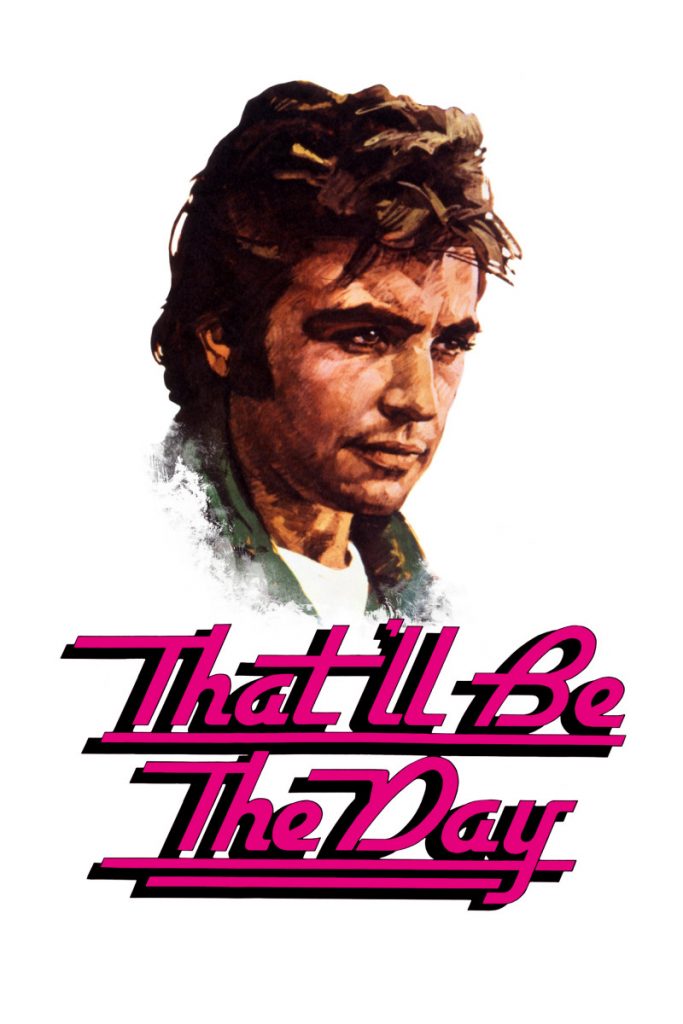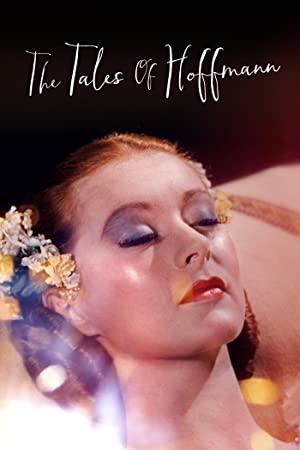Nobody celebrates British cinema for its musicals. There was no Freed Unit at Shepperton. Instead, the form has produced some of the UK industry’s biggest losing gambles – such as London Town (a 1946 Technicolor extravaganza that punctured a hole in the finances of the Rank Organisation) and Absolute Beginners (the 1986 David Bowie picture that plucked the feathers from Goldcrest films).
And yet, successful examples do exist. They’re a strange mixture of high culture and pop culture. Tales of Hoffmann, for instance, was Michael Powell and Emeric Pressburger’s democratic adaptation of the Offenbach opera, using many of the talents they had deployed on The Red Shoes. (The plot was altered to allow Moira Shearer to play another ballerina.) Most, however, come from the tradition that grew from the world described in Absolute Beginners. Cliff Richard, progeny of the Soho coffee bar scene, led a series of wholesome musicals of which Summer Holiday is the best known and most parodied. Freddie and the Dreamers starred in Catch Us If You Can, a runaround directed by a promising young talent called John Boorman.
The ecology of 1950s and 60s British cinema could support such productions. The 1970s were a tougher proposition. Cliff’s only musical of that decade is Take Me High, a notorious peculiarity in which he lives in a canal boat and creates the “brumburger” – a fast food product for the Black Country. But the attempt to build his younger rival David Essex into a rock musical star is one of the great forgotten stories of 1970s British cinema. That’ll Be the Day is a surprisingly hard-edged account of a directionless teenage rock’n’roller; Stardust follows the same character to success on both sides of the Atlantic. Ringo Starr, who played his mentor in the first picture, declined to return to the second: the story was too close to home.

